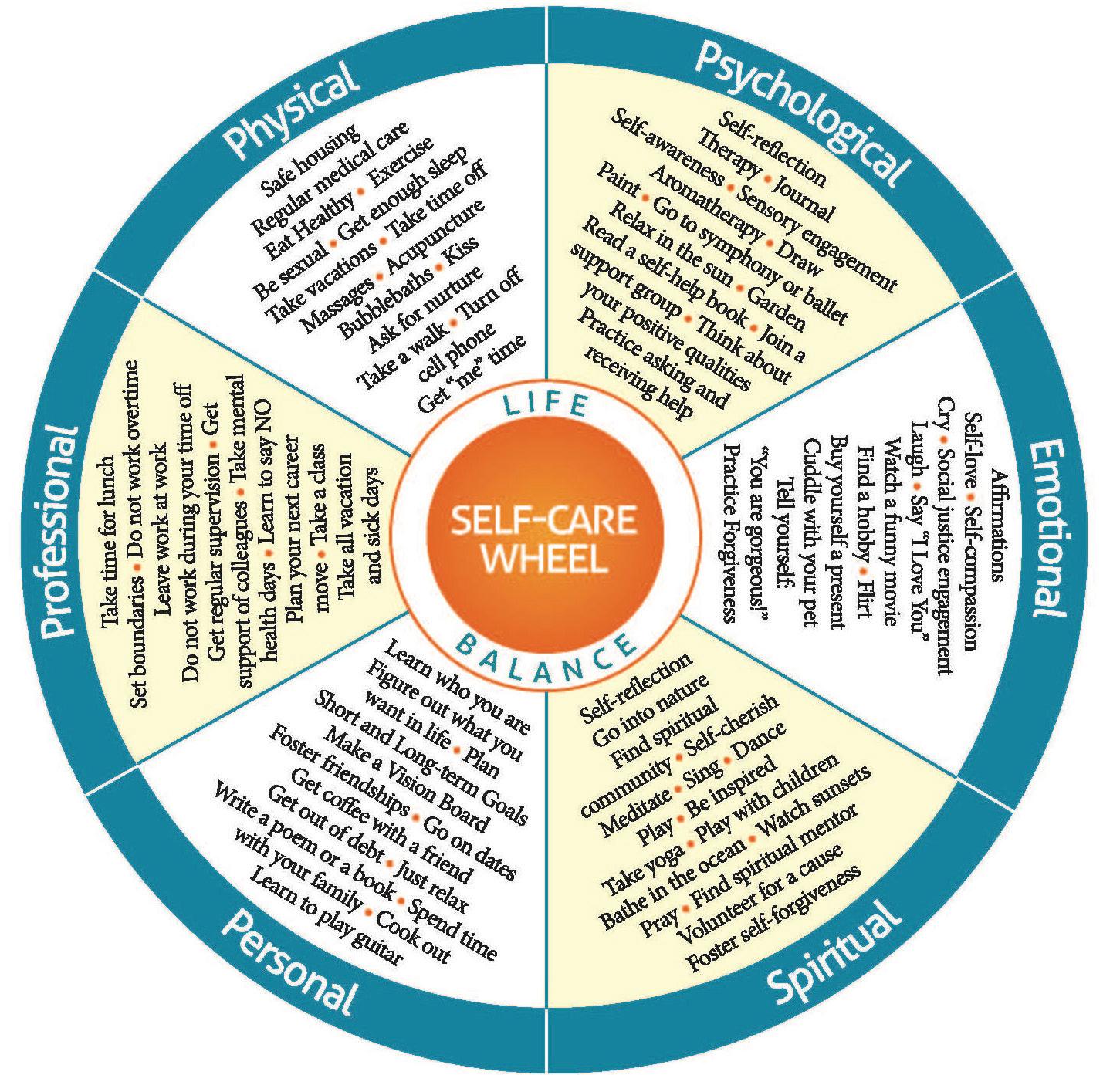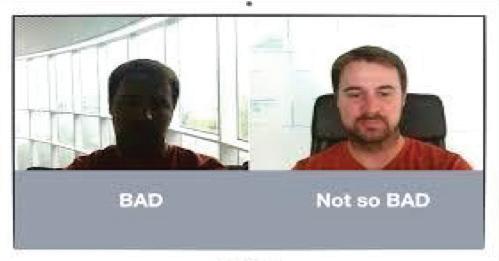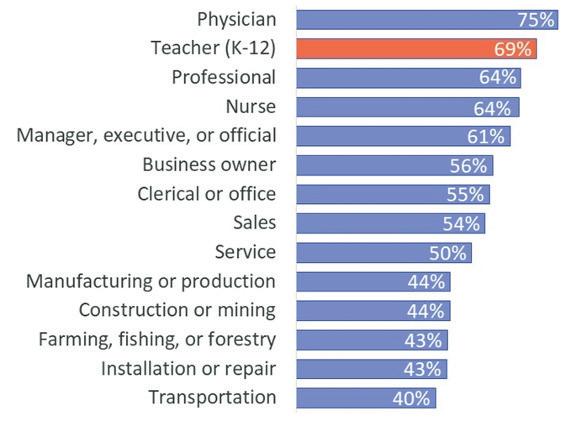Exploring Employment Options
If You Could Teach Anywhere in the World, Where Would You Go? Shanna Parry Senior Managing Partner and Founder, Global Services in Education, Ltd., Malaysia
I
nternational schools are seeing an influx of students who want to attend university in America. Because of this, American teachers are in high demand in international schools all over the world.
ü
So why should YOU choose a pathway of international teaching? Teaching in an international environment allows a teacher to build a professional profile and see the world!
Include personal references on a CV. While resumes often omit this section, and references are submitted only if a potential employer requests them, a CV always includes a section with references with contact details listed.
ü
Create a cover letter template
ü
Request official copies of your transcripts, degree(s) and teaching certificate(s)
ü
Request a letter of reference from your current referees. (A person who writes a reference for you will commonly be referred to as a “referee” in the international community.)
ü
Request a “proof of work” letter from your current employers. This is a letter that includes your dates of employment, job title, and job responsibilities. This letter should be written by your current employer and written on school letterhead.
ü
Create “folders” on your computer so you can easily access important files and documents. Create folders for:
Many teachers choose an international pathway to enrich their career prospects and return to their home country with valuable teaching and professional development experiences. A teacher with experience working in an international school can be very sought after by school districts who welcome educators with enhanced skills in differentiation, teaching ELL students and teaching students with high academic standards. Most people have dreams of exotic travel but are usually limited by time, money, or both. By choosing to work where you’d like to visit, you can enjoy not only the excitement of travel but experience that locale on a much deeper level than that of a traditional tourist.
• Scanned copies of past evaluations • Reference letters including referee contact information
Here are some advantages of teaching overseas: ü Excellent salaries (sometimes tax-free) with great savings potential
• Digital copies of your passport, passport photos • CV, including personal statement and cover letter(s) • Copies of transcripts, teaching licenses, etc.
ü
Annual flights home (provided by most schools)
ü
Free accommodations (utilities paid) with worldwide insurance benefits available at most schools
ü
Do your homework. Study different regions with an open mind and discover where you would like to work and live.
ü
Ability to teach in English - no foreign language necessary
ü
ü
Small class sizes
Create a checklist of things that are important to you both personally and professionally.
ü
High demand for American teachers in all subject areas and grade levels
ü
Create a Skype account and post a professional picture to your account.
ü
High demand for newly-graduated teachers and experienced teachers
ü
International experience and opportunity to broaden your professional (and personal) profile
ü
Chance to become part of exciting teams of energetic, committed, innovative and creative educators
ü
Cultural experiences of which most only dream
ü
Travel the world – Teach while you travel!
Application and interviewing insight: When interviewing with an international school, be prepared for a slightly different application process! Because the international application process is more extensive than just submitting your resume, there are things that you can do ahead of time to prepare for this process: ü
Prepare your CV. A CV is different from a resume. A resume is a summary of experiences, both professional and educational, which are relevant and tailored toward the position for which you are applying. A CV is a full history of your professional, educational and personal achievements.
ü
There is also a difference in length between the two. A resume often is a one-page document; two pages for some senior positions. A curriculum vitae (CV) may be many pages because, unlike a resume, it may include details such as a list of grants you've received, articles you've had published, research you've conducted or memberships in civic organizations.
80 American Association for Employment in Education
Skype is the most common way to interview for an international teaching position. Please refer to the article “Interviewing for a Teaching Position via Skype” for some helpful tips. Final Thoughts: There are as many good reasons to choose to teach internationally as there are opportunities. Regardless of where you are in your life and career, this might be the perfect option for you. Whether you are just beginning your teaching career or winding down, chances are there is a country and school that will be an ideal fit for you! So, if you have an adventurous nature and are ready for an amazing, life-changing experience, you might want to consider the teaching opportunities that await virtually everywhere in the world. Just one word of caution: “truth in advertising” is not as well governed in most countries as it is here in the United States; so don’t be swayed by a glossy brochure or vague promises. It’s always in your best interest to have a knowledgeable advocate, with both international experience and a proven track record on your side. A reputable placement agent may charge minimal fees for finding your dream job and should be available with ongoing support throughout your teaching contract. An international teaching post can be the most incredible experience of your life as well as an impressive addition to your resume/CV if you make the right match! Good luck and happy travels!































